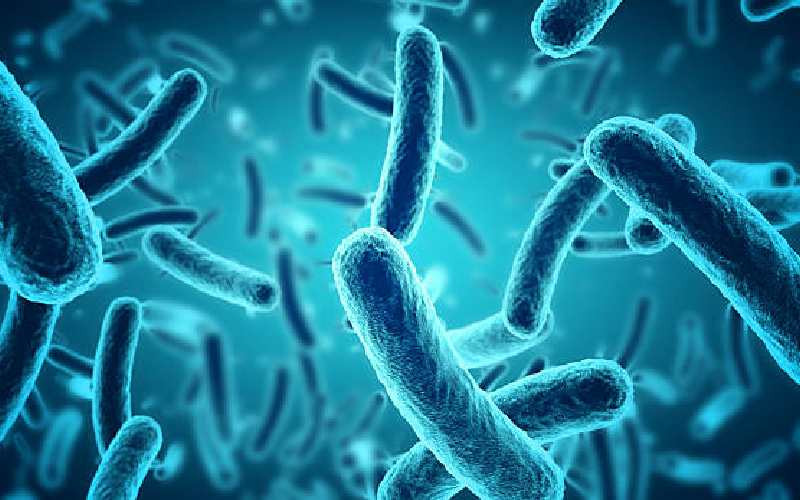×
The Standard e-Paper
Smart Minds Choose Us

Foodstuff and the environment in Kenya are at the moment safe from dangers posed by harmful organisms that cause diseases, the national science and innovations regulator has assured.
The National Commission of Science, Technology and Innovation (NACOSTI) says it has ensured that research institutions in Kenya do not mishandle the pathogens in their laboratories.







